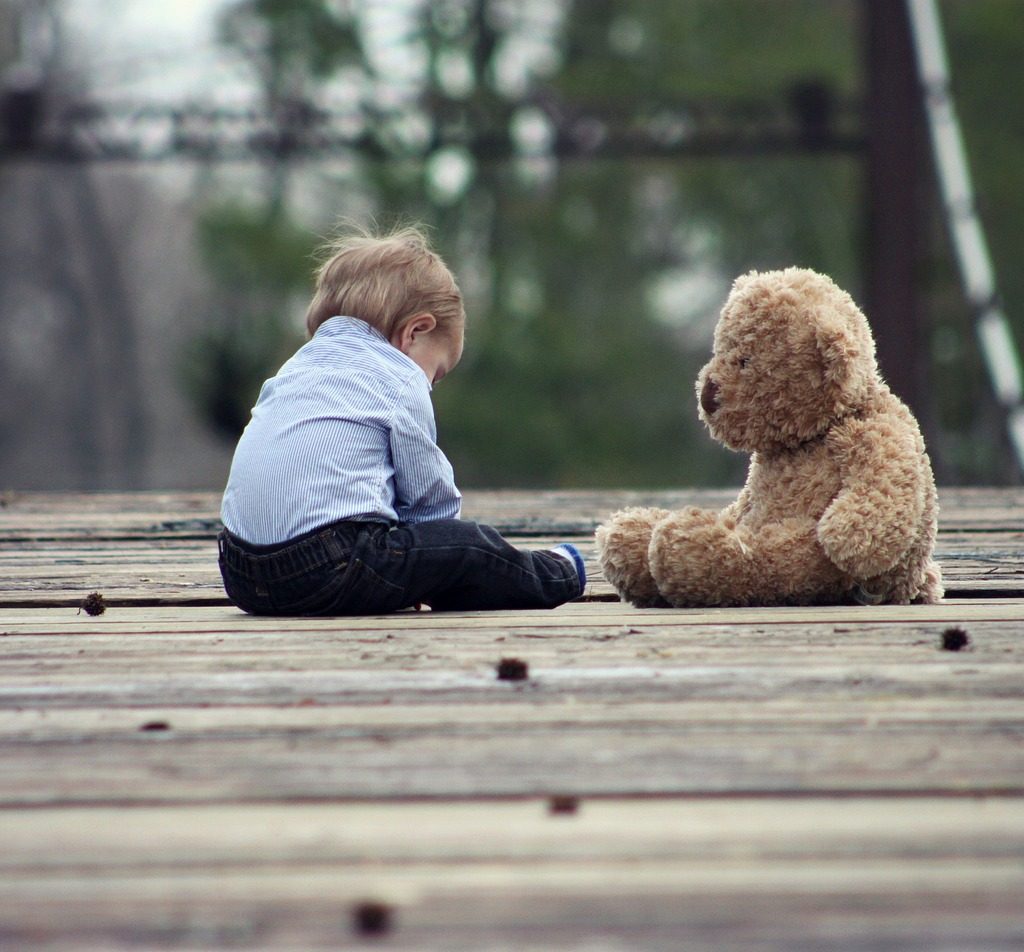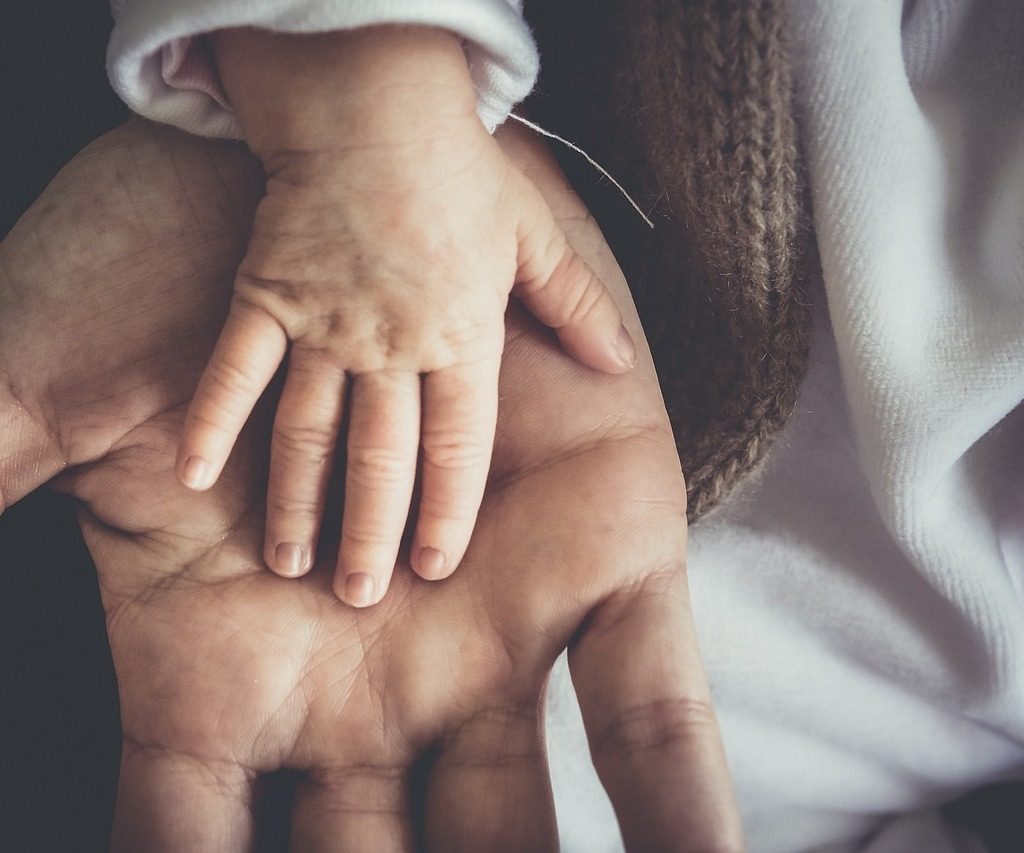Warning: This story contains descriptions of child removal and trauma.
Note: Names have been changed to protect the identity of parents and siblings.
Abbreviations: DOCS is a well-known acronym amongst the community, representing the Government Department that looks after child protection issues in the state.
This is the second part of Rowena’s Story. You can read Part One here.
Rowena came into contact with DOCS again in November, 2023 after four children in her care were removed. Despite the devastation that this brought to her family, in this story Rowena is able to look back at the strengths she developed during years of previous child protection involvement that have helped her get through this ideal. Rowena writes at a time of pending reunification. Then in December 2024, just before Christmas, Rowena got her children back.
Hopes for Sharing This Story
There’s been so many lies documented by DOCS that it is important to me to document my truth. The values that I’ve drawn on is strength, wisdom and experience, love and nurturing and truth. These values have always been important to me, but more so now that I’m in the middle of everything. Love and nurturing has always been what keeps me going for the children. Wisdom and truth remind me that I’m a good mum. I carry strength and experience with the knowledge that I’ve gotten through this before. However hard I’m knocked down I will find the strength to get back to a place where I’m happy. I will always fight for truth and justice. I’d do anything to help the children. My nature is to help others. That includes those parents who might be going through a similar thing.
Impacts of Child Protection Intervention Second Time Round
This time there were four kids taken. Each individual loss has impacted me greatly. I worried about them for various different reasons. I experienced great fear due to my previous experiences and beliefs around DOCS not actually caring about my children. Finding out along the way that their disability needs were not being met by DOCS bought a new trauma I hadn’t experienced before. My fear was that if they failed my children, I am failing them too, as I haven’t been able to succeed in getting DOCS to meet their needs.
DOCS failed to medicate Grace when she had been on the medication most of her life. They also stopped the therapies my children had been receiving. DOCS stopped the behaviour therapy thinking that the reason for my children’s behaviour was me being a bad mum. They disregarded the disabilities contributing to my children’s behaviour. They missed out on so much school. Grace was held back at kindergarten level when she should be in grade 3. All these things I feel are not helping my children. I would have done a much better job.
I feel like even though no matter how hard I tried to tell DOCS, all they did was write in their notes that I respectfully challenged their decisions. In the end I had to agree with what they wanted. DOCS workers wouldn’t know a lot about Downs Syndrome, unless they’ve got a child with it. I was just trying to tell DOCS what Grace needs and how to go about it. But they wouldn’t listen. DOCS would tell the court that they wanted me to work with them around NDIS issues, but then they kept me from all that. DOCS were painting the wrong picture for the courts.

I feel like I fail when DOCS fail because I’m still the children’s advocate. It’s still my responsibility to get the point across – what Grace needs. If I can’t do that for her, then I feel like I’ve failed. That’s something I’ve really struggled with. I can’t push any further because if I push DOCS more they think I’m challenging them.
When I get Grace back I can’t fix all that. With Downs Syndrome she has a limited time frame (to develop) and since being away from us I have seen her regress backwards to being a younger child again.
Advice for Child Protection Agencies
DOCS should listen more to parents of children with special needs, not just assume that parents are challenging them. DOCS need to listen to parent’s views about what’s best for their child. They need to listen to the agencies that have worked with the children and their recommendations, especially those endorsed by the Disability Royal Commission. The Royal Commission found that supported classrooms don’t help children with disabilities. Segregated schooling actually holds them back and leads to segregated employment. By 2051, the government want to get rid of those schools altogether and they are starting to phase that out. However, DOCS were saying Grace is disabled and needed to be in a disabled setting. It’s ableism. That’s based wholly on their view and opinion of Downs Syndrome, not on evidence or data. I have lived experience and DOCS should listen to people with lived experience. DOCS looked at my child and saw her inability to count, being as a result of being in a mainstream school. I saw that as normal for her age. Grace had been learning the age-appropriate curriculum, just twigged a little to meet her needs. Since she was removed from my care and put into a special needs school, Grace has gone backwards to kindergarten level.
DOCS need to not judge a book by its cover when it comes to the child. Grace is a child, not a disability. She needs inclusion. One DOCS caseworker tried to tell me that her being in an inclusive environment disrupts the other children. I was asked how would I like it if my oldest child was distracted by a disabled kid in her class? I believe if you have one child in a class with a disability, you have 29 other kids who are learning about acceptance and inclusion. Those kids are learning so many different values like how to help people, rather than discriminate and exclude, like the outdated views of the department. When my child was going to a mainstream school in our community, everybody accepted her for who she was. She wasn’t a disability that was kept in another part of the school.
Ripple Effects
Some of the most difficult effects is knowing the pain and heartache it has caused everyone in our lives including our family. My mum used to speak to my children daily and now only gets a small opportunity if we call her from a visit.

It’s been difficult on my partner, knowing his family were responsible for this mess we’re in and the burden he carries for that. We know ourselves we didn’t cause this to happen but feel responsible for the pain it has caused others. We carry the fear of knowing anything can happen in a court of law and its not always the best outcome. I expect I will carry the fear of this happening again in the future especially when DOCS are trying to force us to keep in contact with my partner’s family. I expect the nightmares, flashbacks, anxiety, and I expect it will continue to affect the children for some time.
I see how the removal of our children has affected people in the community. I still see people in the shops that used to see Grace all the time; her aides, her disability counsellor at school, they show such concern. They express great concern for all the children and miss them too. Our support people knew what DOCS said wasn’t actually happening. They knew what a good mum I was to my children. They knew how happy the kids were. It broke everyone’s heart knowing what the kids were going through.
Lifetime Effects of Trauma
I think it’s important for other people to know about the ongoing effects of separation and then reunification. I don’t really know how to help the children with it yet. It will be something I learn as it happens, but I know to expect things. Zara has been diagnosed with night terrors now, so that it something I expect will be an ongoing issue. I don’t expect that the kids will come home and be all good again. I know how trauma affected me from last time. I continued to have nightmares and flashbacks so I think it will be the same for the kids, but maybe a bit harder because they don’t understand what is going on.

When the kids come home, the fear will still be there. I get anxiety still. The fear that I could lose them again, over some small little thing. There will be an amount of time where they will still be under the care of the Minister. We’re going to have people coming into the house every week so there will be the constant fear what if something happens with kids. I fear that I won’t be able to meet the expectations of DOCS.
My nature is to constantly worry about the kids. I think that might be my previous trauma causing that. I worry that if the kids have an accident, that DOCS will make a big deal out of it. I will be worried for every little thing that goes wrong. I’m worried about my partners family continuing to do false reports. Even though DOCS later recognised what was going on, some case workers early on documented it as the truth. I worry if there is new caseworkers involved, we will just have to re-start everything. I’m worried about getting the kids the right help. I’m worried about how I will fit everything in, all the services that are required. I worry about whether they will have time for going to their appointments, as well as school.
My Skills and knowledge for Responding to the Children’s Needs
This experience has made me realise what a good mum I am. I still constantly think and worry about the children wherever they are. I still brainstorm how I can help them. It’s made the relationship between my partner and I stronger. We’ve had the time together that we wouldn’t have had before. We talk about how it feels and how much we miss them. We reminisce on happier times and the things that the kids did.
I know my children’s looks. I can read them like a book. I know I will still be able to pick up on this. I try to reassure myself that I know how to respond. I have dealt with trauma myself. I’ve learnt little tricks like mindfulness to teach them and help them. I think I would recognise a lot of the signs because I’ve been through it myself.
Endurance as Strength to get Through Difficult Times
My children are what keep me going; wanting the best for them. I acknowledge this experience is affecting them as much as it is affecting me and their father. I want to help them not only get out of this situation, but to be looked after while they are there. I try to endure it by taking one day at a time. My partner and I both realise it has been a break from parenting that we were never meant to have. Any parent would wish for a break so we try to make the most of it and do things that we wouldn’t normally be able to do with the children, like taking long walks on the beach in the middle of the night, watching movies that the kids aren’t allowed to watch, like a horror movie. I practice cooking meals that are new to me in the hope that I will find something that the kids will like, something that’s quick and easy. I hold onto the memories of how happy the children were when they are with us (during visits), their beautiful natures, their facial expressions, their humour – that’s what gets me through the difficult times.
I think I’ve got really good at taking one day at a time. The first time around I was taking one step at a time, even small tasks were difficult. Last time I would force myself to have a shower or something to eat even though I didn’t feel like getting out of bed or doing anything. I knew I had to keep doing those things and try and appreciate the hot water on my face. I was able to reflect on those things this time around. I remember through those hard times and how hard it was to keep going, especially after losing Jill (my baby to still birth).

During this time, nothing has changed us as parents. We are still the same. I know I am a good parent and that it is going to take time to heal. We’ve spoken together about the fact that if we were bad parents then this amount of time wouldn’t have fixed us as parents. We’ve expressed concern for kids that actually need to be in care. There is nothing that DOCS is doing to help parents – it’s just basically time away. They sent me to do parenting courses but I’ve just done arts and crafts. I didn’t learn anything new.
We just kept telling ourselves it would only be a matter of time before our children came back. There’s nothing that makes us incapable of having our children back. We had faith and a little bit of hope too, because I don’t trust the process too much. The faith is about knowing they should be with us. There’s always that feeling that I have no control over the court processes. It all just happens while you’re on the sidelines. There’s also the false allegations to deal with. DOCS not bothering to hear your side of the story. There is a faith that the kids should be with us, and that’s the destiny we hold onto.
An Invitation to Connect
After reading Rowena’s story, we invite you to write a message to send back to Rowena. Here are some questions to guide your response.
- As you read Rowena’s story, were there any words of strength that caught your attention? Which words?
- When you read these words, what pictures came to your mind about Rowena and what is important to her (i.e. hopes, dreams, values and beliefs)? Can you describe that picture?
- Is there something about your own life that helps you connect with this part of the story? Can you share a story from your own experience that shows why this part of the story meant something to you?
- So what does it mean for you now, having read Rowena’s story? How have you been moved? Where has this experience taken you to?
Please send your message to Lucy Van Sambeek via our Contact Page
If you would like to connect with others who are touched by the experience of child removal, please join our closed Facebook Group
